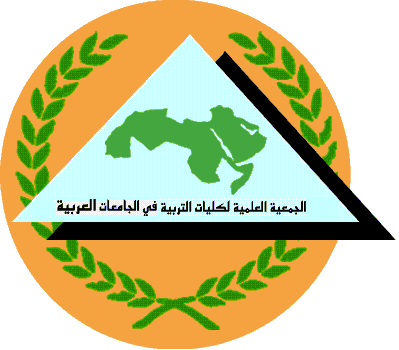Association of Arab Universities Journal for Education and Psychology

Abstract
This study aimed at investigating the effect of using blended learning on the linguistic fluency towards learning English of second-year TEFEL students at the University College of Educational Sciences (UCES)/ UNRWA, Palestine, according to their academic achievement level. To achieve the aim of the study, the researcher constructed a pre-posttest and made sure of the validity and reliability of the study tool. A quasi-experimental approach followed. The participants of the study consisted of 60 students divided into experimental groups of 30 students who were exposed to the training program (blended learning) and a control group of 30 students who were taught using conventional methods. The results showed that there were statistically significant differences in linguistic fluency towards learning among UCES students who were taught using the training program (blended learning) in favor of the experimental group. The study also showed that there were no statistically significant differences in linguistic fluency among UCES students according to the interaction between teaching methods and their academic achievement level. The study recommended the necessity of implementing blended learning as an approach to teaching at Palestinian universities.
Recommended Citation
الشرعة, نايل درويش and Alawneh, Muawiyah Saleh
(2023)
"The Impact of Using Blended Learning on Linguistic Fluency towards Learning among Palestinian University Students at English Departments according to their Academic Achievement Level,"
Association of Arab Universities Journal for Education and Psychology: Vol. 21:
Iss.
4, Article 7.
Available at:
https://digitalcommons.aaru.edu.jo/aaru_jep/vol21/iss4/7

